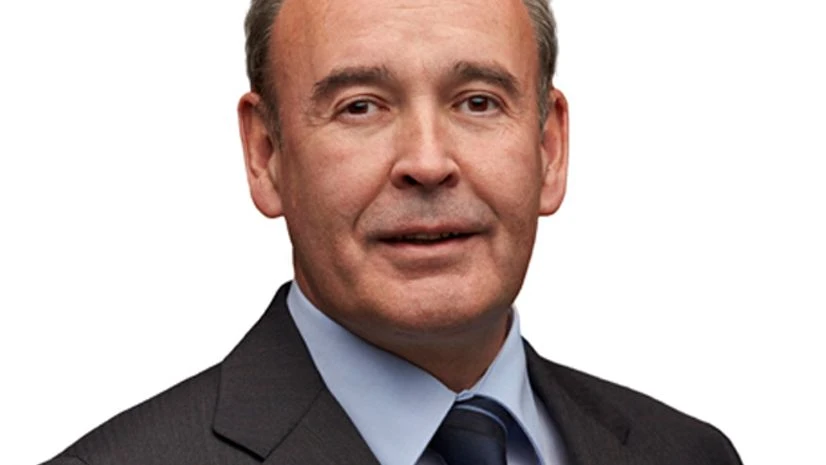Farmers in India require education for using technology. Also, they should have options to choose from if their income is to double in five years John Ramsay, global chief executive officer of Basel–headquartered Syngenta, world leader in agricultural technology, tells Dilip Kumar Jha. Edited excerpts:
How is climate change affecting the life of farmers and how should they deal with it?
Higher temperatures and variations in rainfall patterns can reduce yields, while encouraging weed and pest proliferation. Giving growers better access to technology can help farmers adapt to the impacts of climate change.
Syngenta is developing hybrids, such as Agrisure Artesian corn that can cope better during extended dry periods, while our seed care products support better root establishment, helping plants draw water more deeply from the soil and use this available moisture more efficiently. Non-selective herbicides contribute to conservation agriculture by enabling effective weed control with minimal tillage, allowing organic matter to build up in the soil, absorbing carbon dioxide that might otherwise be emitted into the atmosphere.
With the government focusing on agriculture, are you enthusiastic about the Indian market?
Yes, the statements in the Union Budget are a clear recognition of the importance this government attaches to agriculture. It also clearly acknowledges what needs to be done to enable companies like us to provide support to smallholder farmers. If you get the right policy in place, and apply it with perseverance and determination, in time you will see their results filtering down to the ground.
The government’s aim is to double farm income. Do you feel that is possible?
The key thing is to have the right policies in place. There is enormous potential in Indian agriculture to produce a lot more in a sustainable manner. If the government continues with this degree of ambition and works with the industry, we can together take agriculture in India a very long way.
Would these targets be achievable if focus on GM (genetically modified) technology is sharpened?
Syngenta believes all farmers should be able to choose the best available technologies and products, including biotech crops, to meet their needs in a sustainable way. However, GM is only one technology in the entire toolbox and not a 'silver bullet'. It is certainly an important tool for addressing challenges like pests, diseases and difficult growing conditions which the farmer faces every day. To counter these, he needs a portfolio of technologies and, more important, education on the application of these technologies, rather than focusing on only one.
What should be done to help India achieve food security?
We need to deal with the twin issues of affordability and availability. This means the right solutions for resource efficiency and the right production strategy for key crops. Through our Good Growth Plan, we want to contribute to India’s food security and help farmers meet agricultural challenges in a sustainable way.
To make a measurable contribution by 2020, we have set ourselves specific targets related to improving of resource efficiency, rejuvenating eco-systems and revitalising rural communities. The Plan is particularly relevant to India as agriculture is the mainstay of the economy.

)
